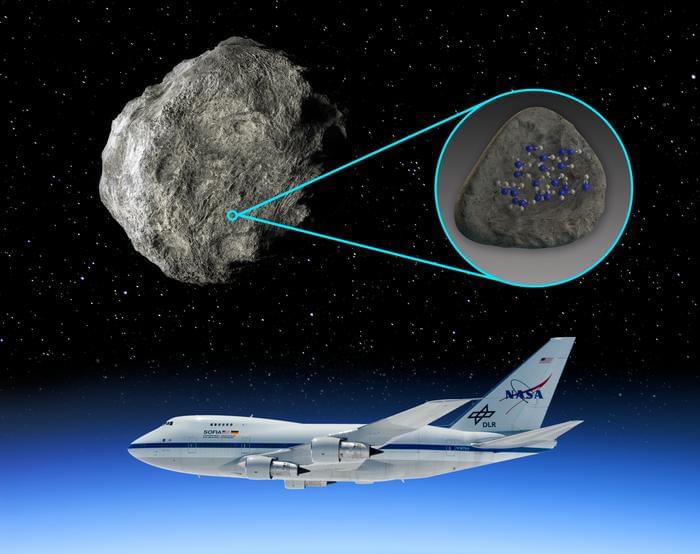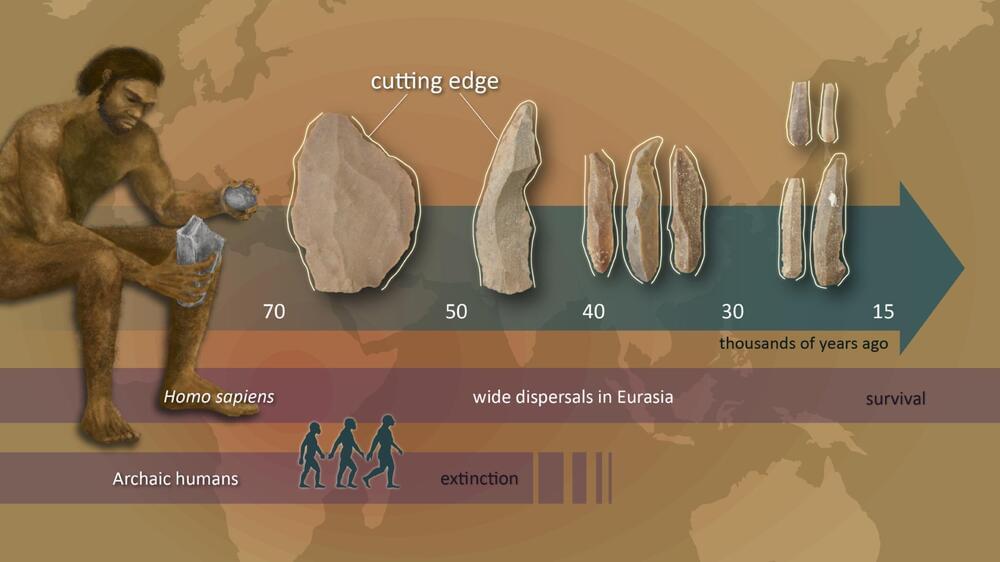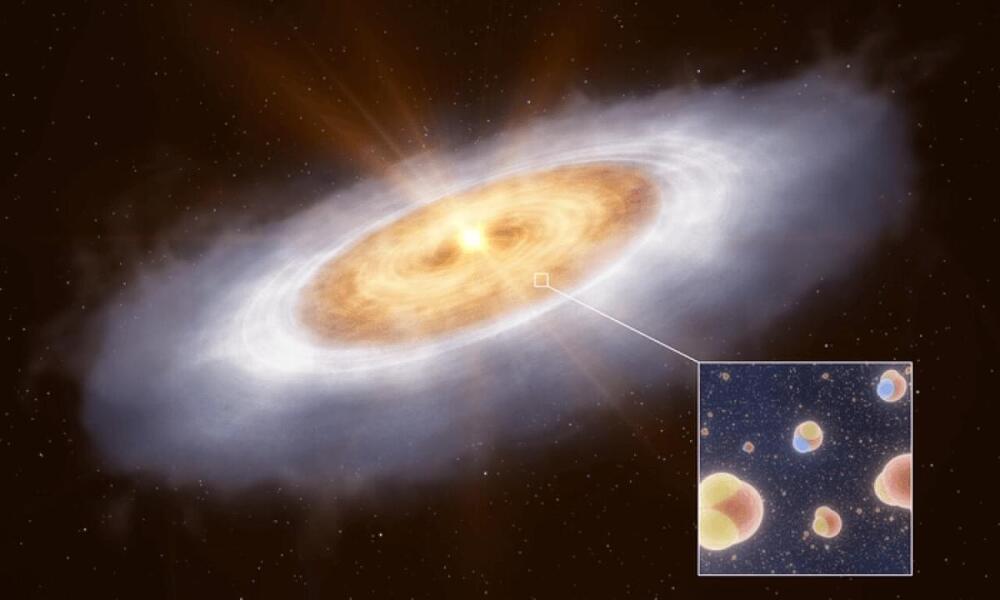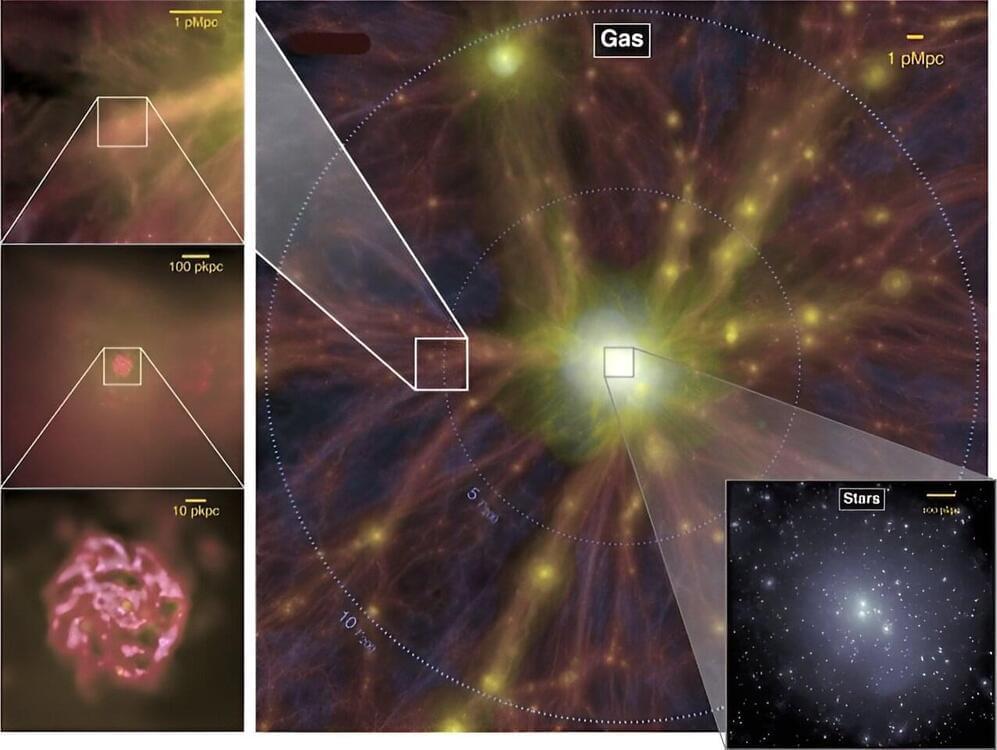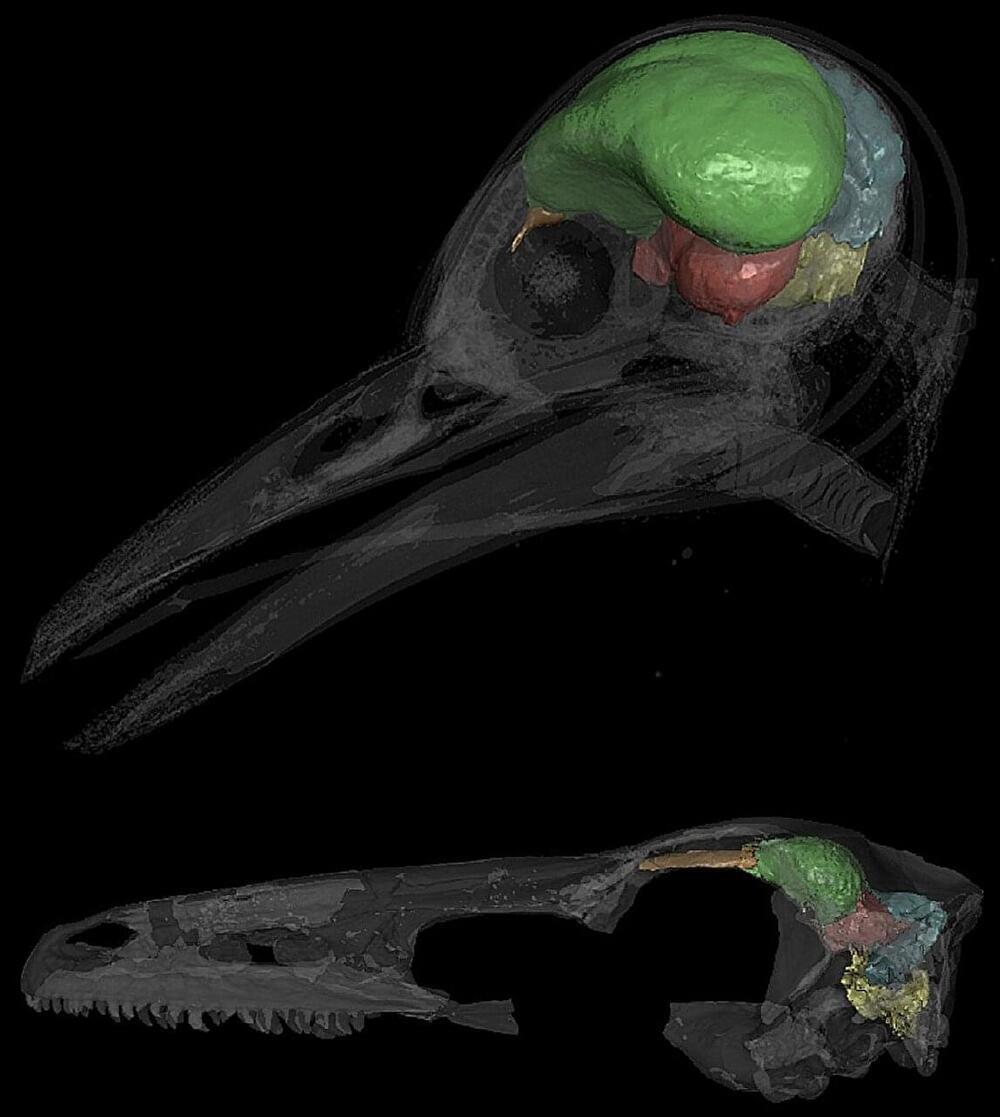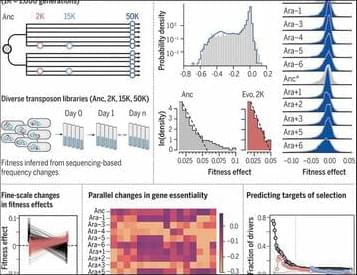Feb 14, 2024
Water Molecules Detected on Asteroids: Insights from SOFIA Data
Posted by Laurence Tognetti, Labroots Inc. in categories: evolution, space
Asteroids are frequently associated with being large chucks of rocks and nothing else. However, a recent study published in The Planetary Science Journal could change that as a team of researchers led by the Southwest Research Institute (SwRI) have discovered water molecules on an asteroid’s surface, marking a first-of-its-kind discovery that could help scientists use asteroids to better understand the formation and evolution of the early solar system and other exoplanetary systems, as well. This is because dry asteroids typically form close to the Sun while icy asteroids form much farther out.
“Asteroids are leftovers from the planetary formation process, so their compositions vary depending on where they formed in the solar nebula,” said Dr. Anicia Arredondo, who is a SwRI Research Scientist and lead author of the study. “Of particular interest is the distribution of water on asteroids, because that can shed light on how water was delivered to Earth.”
For the study, the researchers used the FORCAST (Faint Object infraRed CAmera for the SOFIA Telescope) instrument onboard the SOFIA (Stratospheric Observatory for Infrared Astronomy) aircraft to analyze four asteroids: Iris, (11) Parthenope, (18) Melpomene, and (20) Massalia. In the end, the team discovered levels of water molecules on Iris and Massalia that are consistent with levels of water molecules that have been previously identified on the sunlit portion of the Earth’s Moon using FORCAST and SOFIA, as well. The reason the team could not conclude that Parthenope and Melpomene contained water molecules was due to the unacceptable noise levels within the data.
